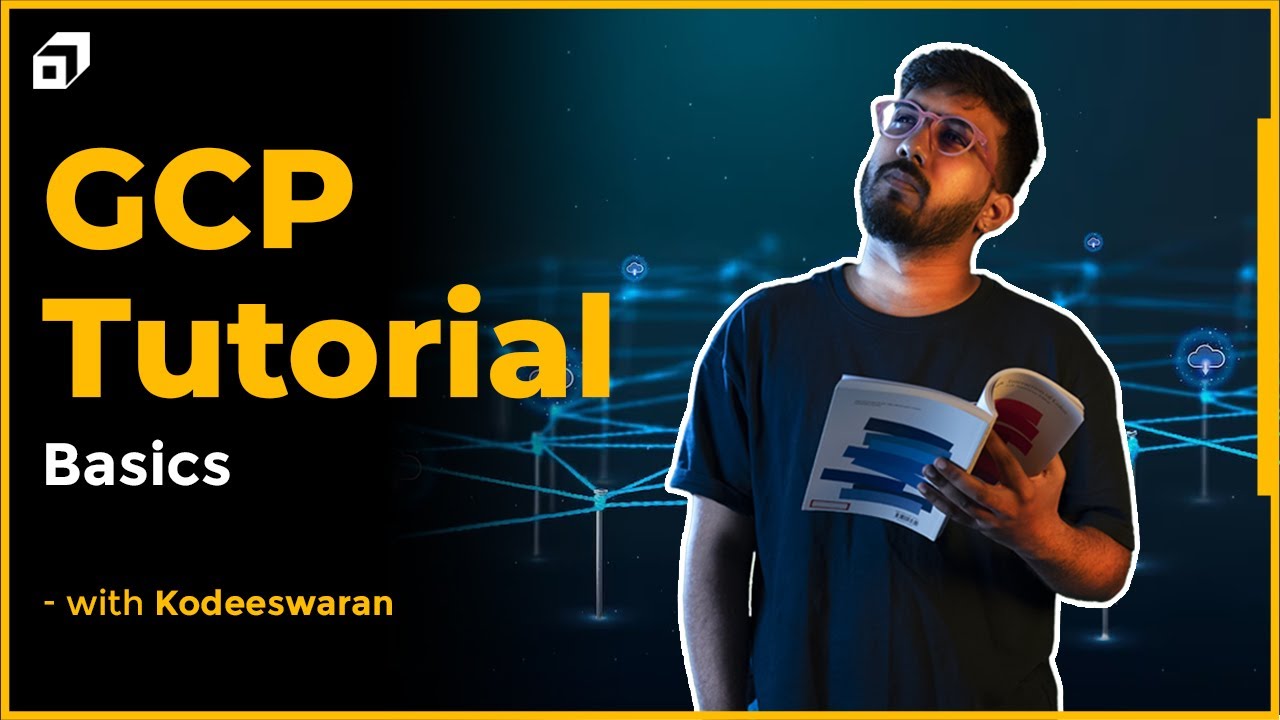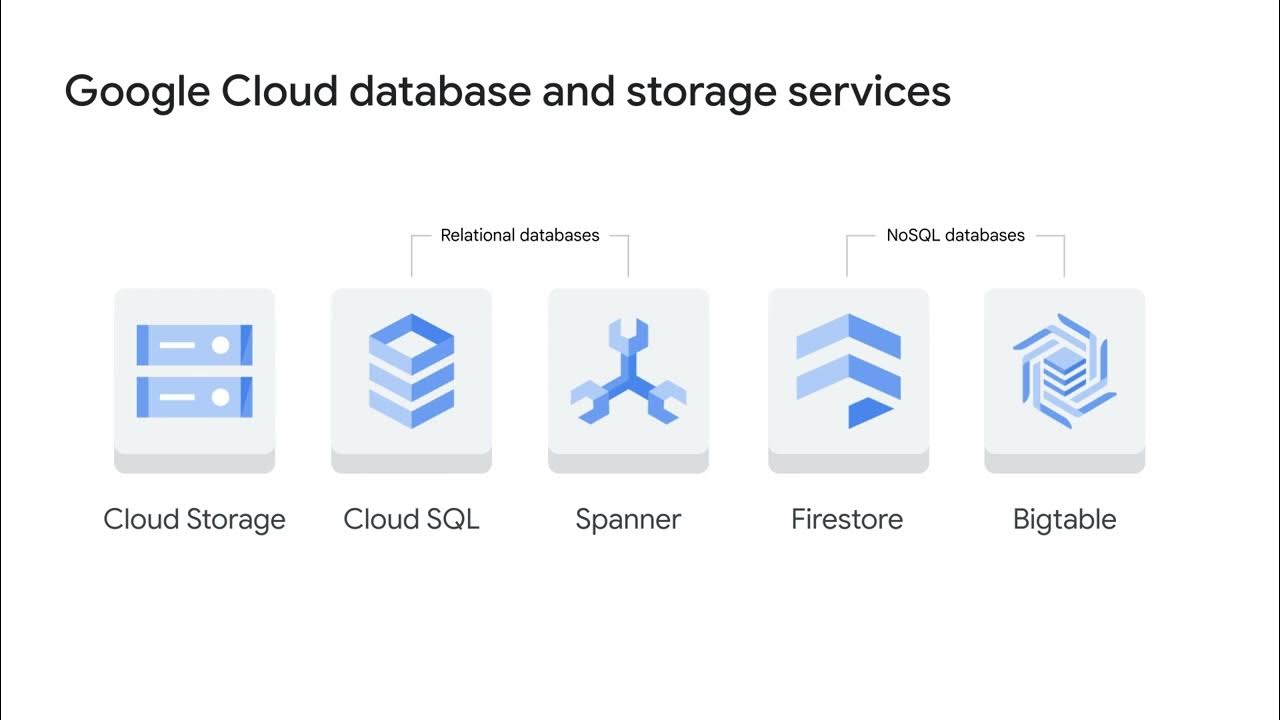Module introduction
Summary
TLDRIn this module, Priyanka introduces the essentials of managed storage and databases for cloud applications on Google Cloud Platform (GCP). Participants will explore various storage options, differentiating between structured and unstructured storage, and learn about relational and NoSQL databases. The module includes hands-on labs for practical experience, covering cloud SQL, Cloud Spanner, and Cloud Datastore. Users will also engage in an app development activity utilizing Cloud Datastore for data storage. The session concludes with a quiz to reinforce key concepts, ensuring a comprehensive understanding of cloud storage solutions.
Takeaways
- 😀 This module focuses on utilizing managed storage and databases in Google Cloud Platform (GCP) for cloud applications.
- 🗂️ You'll learn about the various storage options available in the cloud.
- 📊 The module distinguishes between structured and unstructured storage models.
- 🔍 You'll compare the roles of different cloud storage options.
- 💾 Understanding the use cases for relational versus NoSQL databases is a key objective.
- 🌩️ Unstructured storage can be effectively leveraged using cloud storage.
- 📈 The module includes hands-on labs for practical experience with cloud storage.
- 📋 You'll explore SQL managed services and their applications in data management.
- 🔗 Cloud SQL will be examined for data import and basic analysis tasks.
- 📚 The module will also cover NoSQL options in GCP, such as Cloud Datastore and Cloud BigTable.
- 📝 A quiz and recap will help reinforce the key learning points at the end of the module.
Q & A
What is the main focus of this module?
-The module focuses on managed storage and database options for cloud applications within Google Cloud Platform (GCP).
What are the key learning objectives outlined in the module?
-The key learning objectives include discussing different storage options, differentiating between structured and unstructured storage, comparing relational and NoSQL storage, and exploring various cloud database options.
What types of storage will be explored in this module?
-The module will explore both structured and unstructured storage options, including cloud storage for unstructured data and relational database options.
What practical activities are included in the module?
-The module includes hands-on labs where participants will engage in activities related to cloud storage, import data into Cloud SQL, and perform basic data analysis.
How does the module differentiate between SQL and NoSQL databases?
-The module compares the roles of relational (SQL) and NoSQL databases, emphasizing their use cases and advantages in cloud applications.
What is Cloud Datastore, and how is it utilized in this module?
-Cloud Datastore is a NoSQL document store that participants will learn to use for storing app data during an app development activity.
What is the significance of exploring Cloud Spanner in this module?
-Cloud Spanner is explored to understand its capabilities as a managed relational database service that can scale horizontally and provide high availability.
What will participants learn about Cloud Bigtable?
-Participants will learn how to leverage Cloud Bigtable as a NoSQL option for handling large analytical and operational workloads.
What is the format of the concluding part of the module?
-The module concludes with a short quiz and a recap of the key learning points covered throughout the module.
Why is it important to understand both structured and unstructured storage?
-Understanding both types of storage is crucial as it allows participants to choose the appropriate storage solution based on their specific application needs and data types.
Outlines

This section is available to paid users only. Please upgrade to access this part.
Upgrade NowMindmap

This section is available to paid users only. Please upgrade to access this part.
Upgrade NowKeywords

This section is available to paid users only. Please upgrade to access this part.
Upgrade NowHighlights

This section is available to paid users only. Please upgrade to access this part.
Upgrade NowTranscripts

This section is available to paid users only. Please upgrade to access this part.
Upgrade NowBrowse More Related Video

Introduction

Google Cloud Platform Tutorial - Part #1 | Introduction to GCP | Cloud Computing Basics | @SCALER

Google Cloud Platform in 10 mins | GCP for beginners | Google Cloud Platform (GCP) tutorials

01. GCP using Python SDK : How to access Cloud Storage using Service account ?

Storage options in the cloud

Cloud Bigtable as a NoSQL Option
5.0 / 5 (0 votes)